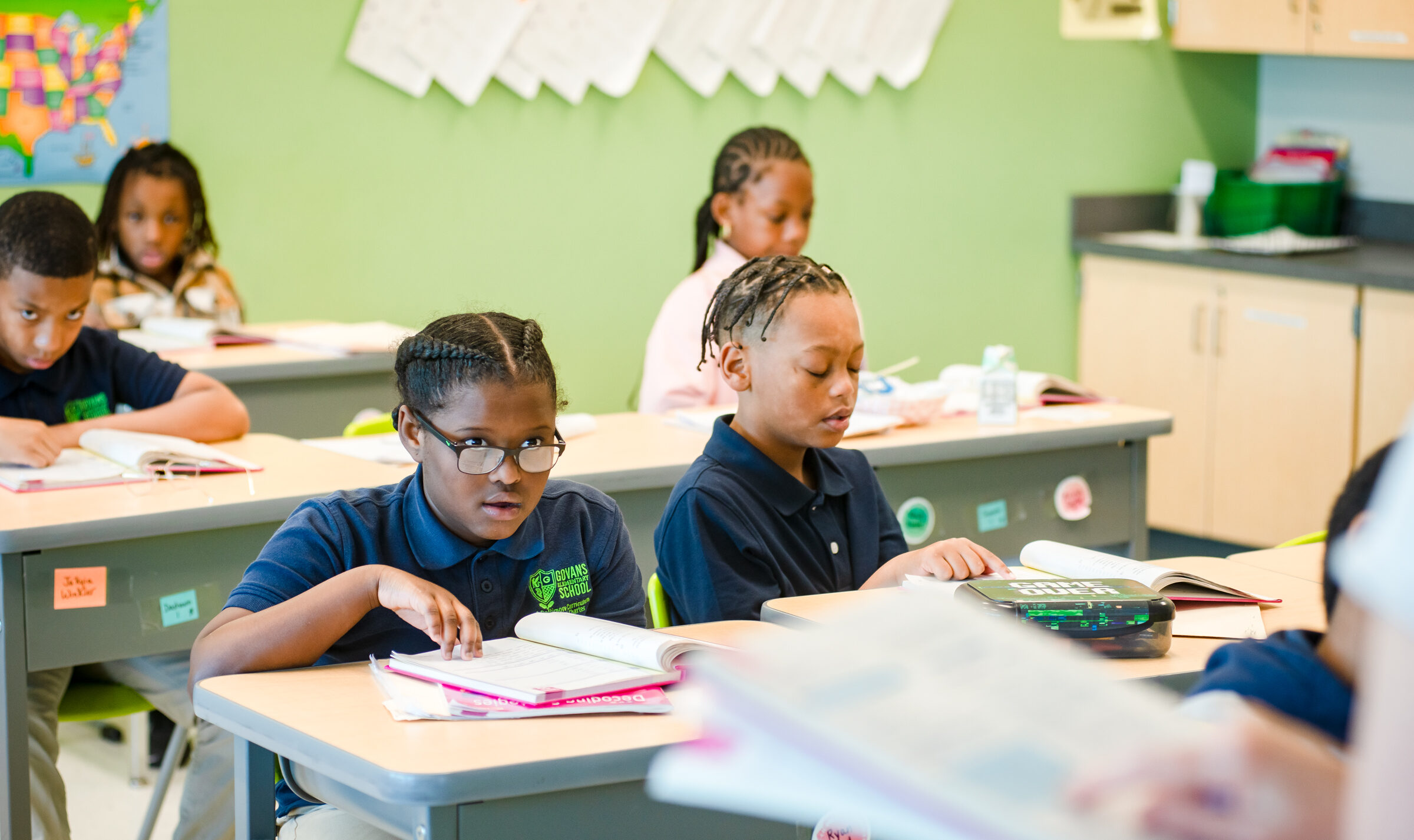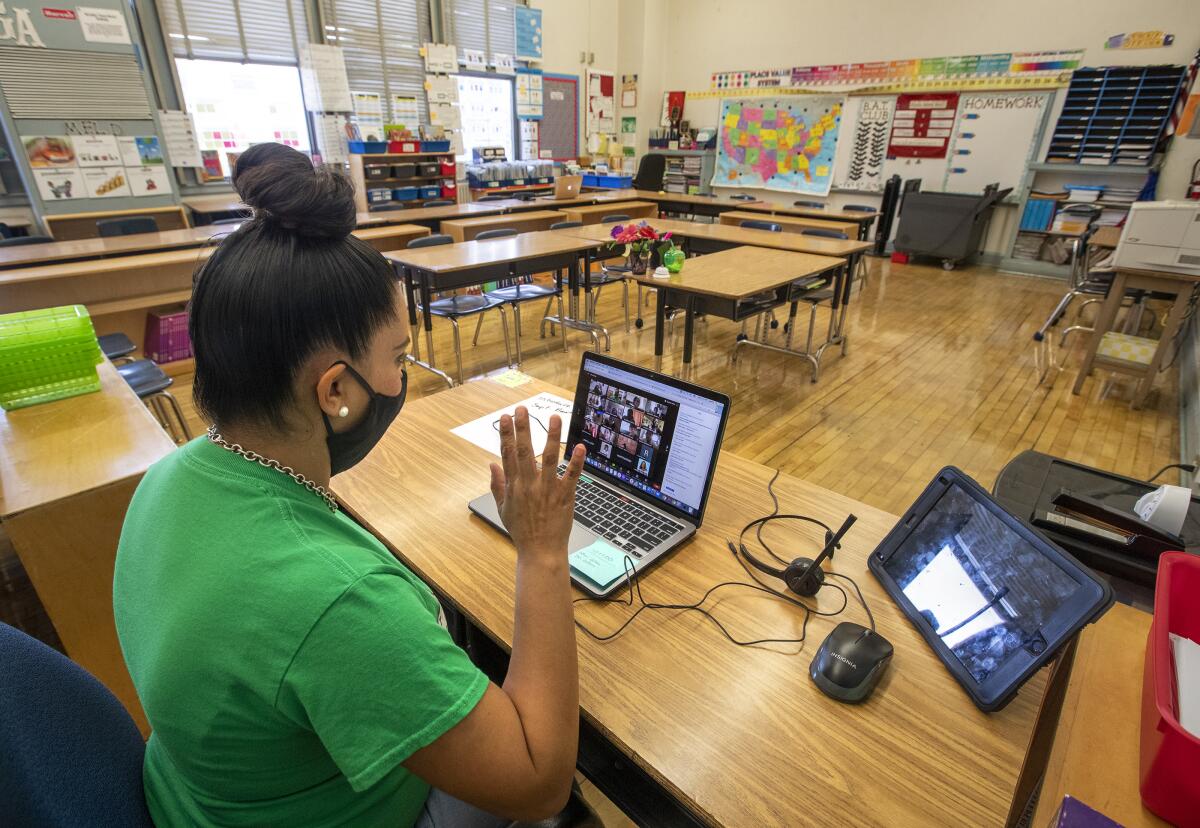The Importance of Kindergarten in Building a Strong Academic Foundation
Factors to Consider in Finding Independent School: Recognizing What Each Establishment Has to Offer for Your Child's Development
Choosing an independent school for a child entails mindful factor to consider of several elements. Parents should evaluate the scholastic educational program and training ideologies of different organizations. They must likewise explore after-school activities that might enrich their child's experience. Additionally, recognizing the institution's culture and worths is essential for placement with household beliefs. As economic ramifications play a significant duty, it is essential to weigh tuition prices versus available scholarships. How do these aspects shape a child's development path?
Academic Educational Program and Mentor Viewpoint
When choosing an independent school, recognizing the scholastic curriculum and teaching approach is vital, as these elements greatly affect a child's instructional experience. Moms and dads should check out the school's technique to teaching and the topics provided, as this can differ considerably amongst organizations. Some colleges may take on a conventional educational program concentrated on core subjects, while others may highlight project-based understanding or interdisciplinary studies.
Additionally, the mentor ideology can form classroom dynamics and student involvement. Colleges that focus on a student-centered method frequently foster critical thinking and collaboration, while those with a much more organized atmosphere may concentrate on self-control and fundamental abilities.
After-school Activities and Enrichment Programs

Value of Diverse Activities
While academic quality is frequently focused on in exclusive colleges, the value of diverse activities, including extracurricular tasks and enrichment programs, can not be overemphasized. These tasks play a crucial duty in a child's holistic development, offering opportunities for creativity, essential reasoning, and team effort. Taking part in different searches enables students to explore their rate of interests, discover new passions, and develop important life skills, such as time administration and self-discipline. Furthermore, varied activities can cultivate a feeling of belonging and area, enhancing the general school experience. By joining clubs, sports, and artistic endeavors, students not only enhance their education and learning but likewise create memorable experiences that add to their personal development. Diverse activities are essential to cultivating all-round people.
Effect On Social Abilities
Exactly how do extracurricular tasks and enrichment programs affect a youngster's social skills? These programs provide necessary chances for kids to connect with peers beyond the conventional classroom setting. Involving in clubs, sports, or arts cultivates conflict, interaction, and team effort resolution. Kids discover to browse varied social atmospheres, boosting their ability to develop relationships and develop empathy. Furthermore, joining different activities encourages self-confidence, as youngsters tackle new obstacles and responsibilities. As they work together on projects or complete in teams, they likewise acquire valuable experience in management and collaboration. Eventually, an abundant array of extracurricular offerings adds considerably to a kid's social advancement, preparing them for future social communications in both individual and scholastic contexts.
College Society and Worths
Understanding the college culture and values is crucial for moms and dads assessing exclusive education and learning alternatives, as these aspects substantially affect a kid's general experience. Each establishment personifies unique philosophies, practices, and social standards that form students' day-to-day lives. An institution that stresses inclusivity may promote an encouraging environment, motivating youngsters to develop compassion and respect for diverse backgrounds. Conversely, organizations that focus on academic excellence may develop an affordable atmosphere, inspiring pupils to go for high accomplishment.
The alignment of an institution's worths with a family's beliefs can improve a youngster's feeling of belonging, reinforcing favorable actions and perspectives. Parents ought to check out the college's mission statement, evaluate its disciplinary plans, and observe pupil interactions to evaluate the pertinent society. Ultimately, a school's society and worths substantially influence not just academic success but additionally individual development, furnishing kids with vital life skills for their future.
Course Dimension and Student-Teacher Ratio
Class size and student-teacher ratio play a crucial role in the academic experience provided by private colleges. Smaller courses usually cause enhanced specific interest, cultivating far better pupil engagement and understanding. Research shows that these variables can substantially affect discovering end results, making them essential considerations for moms and dads.
Benefits of Smaller Classes
Smaller course sizes significantly enhance the instructional experience by cultivating extra tailored focus from instructors. In these atmospheres, teachers can tailor their instruction to meet individual student requirements, enabling for a deeper understanding of the product. With fewer pupils, educators can much more easily determine those who might be having a hard time and offer prompt assistance. This close interaction can grow stronger partnerships between educators and pupils, creating an encouraging environment favorable to finding out. In addition, smaller classes typically advertise greater participation, as trainees may really feel more comfortable voicing their questions and ideas. This vibrant urges joint learning and enhances general classroom interaction. Eventually, the benefits of smaller sized courses add incredibly to a well-shaped educational experience that focuses on pupil development and growth.
Influence On Knowing Outcomes
The advantages of smaller courses expand past tailored interest, considerably affecting learning results. Study consistently reveals that a lower student-teacher ratio fosters boosted involvement, permitting teachers to customize instruction to individual needs. This setting motivates energetic engagement, important reasoning, and deeper understanding of the material. In smaller setups, teachers can much more efficiently recognize and resolve learning gaps, resulting in enhanced academic efficiency. Grade School. Additionally, students frequently feel a lot more comfy revealing their ideas and asking concerns, which can even more enhance the learning experience. Alternatively, larger class dimensions might restrict interaction and responses, potentially impeding student development. Therefore, when reviewing personal schools, households ought to take into consideration class size and student-teacher ratios as considerable factors influencing their child's instructional success
Community Engagement and Adult Participation
Exactly how can neighborhood involvement and parental participation boost the academic experience secretive schools? These elements play an essential function in improving the learning atmosphere. When moms and dads proactively take part in college activities, they foster a sense of belonging and assistance amongst check this site out pupils. This involvement can take different forms, such as offering for occasions, going to meetings, or joining committees, which not only reinforces the school community however also enhances interaction between family members and teachers.
Area engagement expands this support by attaching the school with local see page companies, services, and cultural organizations (Private School). Such collaborations give trainees with unique discovering possibilities, including workshops and teaching fellowships, which add to their overall advancement. In addition, schools that prioritize these links typically develop a more inclusive atmosphere, allowing diverse perspectives to be shared. Ultimately, area interaction and parental involvement offer to develop a joint and helpful atmosphere that adds favorably to students' scholastic and social success
Financial Considerations and Scholarships
Maneuvering the economic landscape of independent schools can be a complicated process for family members. Tuition expenses vary substantially, usually affected by elements such as area, facilities, and the institution's reputation. Family members need to evaluate their financial circumstance, thinking about not just tuition but also additional costs like uniforms, costs, and extracurricular tasks.
Many exclusive institutions offer scholarship programs intended at drawing in varied pupil populaces - Private School. These scholarships can make and ease economic concerns quality education accessible to family members with differing earnings levels. It is important for parents to make inquiries concerning the schedule of need-based and merit-based scholarships and understand the application processes entailed
Furthermore, some institutions offer flexible payment strategies that can alleviate immediate financial pressures. By reviewing all monetary aspects and discovering scholarship possibilities, households can make educated choices that align with their academic objectives and financial constraints.
Often Asked Concerns
Just How Do Institutions Assistance Students With Understanding Disabilities?
Institutions sustain trainees with discovering handicaps through personalized education plans, specialized mentor methods, and added sources. They frequently supply tailored treatments, accessibility to support personnel, and inclusive environments to promote emotional and scholastic growth.
What Is the School's Technique to Technique and Habits Monitoring?
The college's strategy to technique and habits monitoring emphasizes positive reinforcement, clear expectations, and restorative practices. Team proactively engage students in conversations regarding actions, promoting a supportive environment that motivates individual duty and liability.
How Do Institutions Handle Trainee Shifts, Such as Relocating To Greater Qualities?
Schools usually give organized assistance during student changes, including positioning programs, mentorship chances, and tailored academic preparation. These procedures intend to reduce anxiety, promote modification, and assurance trainees are planned for the obstacles of greater grades.
What Are the School's Policies on Technology Use in the Class?

Exactly How Do Colleges Analyze Student Progression and Give Feedback to Parents?
Schools evaluate trainee development via normal analyses, consisting of tests, jobs, and classroom involvement. Comments is offered to parents through report cards, parent-teacher meetings, and on the internet portals, making certain continual interaction regarding each kid's academic development.
